To Be Bahá’í — Independent world religion
One of the newest world religions is facing the disintegration of society with unity, love and service. Bahá’ís are committed to the betterment of the world and mankind, paying no mind to race, religion or gender.
My journey researching the Bahá’í Faith started on Google and lead me to the living room of Emad and Elena Toukan, local Toronto Bahá’ís. The couple invited me to attend my first-ever devotional gathering, hosted in their East Toronto home — and the experience was inspiring. Bahá’ís don’t have a church or formal clergy like most monotheistic religions; believers nurture their connection to their creator (God) individually or through informal community gatherings like the one I attended. Impressively, the gatherings are open to everyone, which is reflective of Bahá’í’s foundational belief in oneness.
The religion was born in Iran, stemming from the Bábí religion. The Báb is the Herald of the Bahá’í Faith. In the middle of the 19th century, He announced that He was the bearer of a message destined to transform humanity’s spiritual life. His mission was to prepare the way for the coming of a second Messenger from God, greater than Himself, who would usher in an age of peace and justice. That Messenger was Baha’u’llah. The Bahá’í Faith is one of the youngest world religions, with a community of approximately five to seven million people worldwide. Although it originated in Iran, it is now practised in over two hundred countries throughout the world. At its core are two basic values: the unity and equality of all people. To be a Bahá’í means believing in the oneness of all religions, that Bahá’u’lláh was a prophet of God, just like Jesus, Buddha, Krishna, Abraham, Moses and Zoroaster. It also means believing in the equality of the sexes, races and creeds and in the harmony of science and religion.
For Elena, being a Bahá’í means building the bonds of fellowship and pursuing a life in which Bahá’u’lláh’s teachings of patience, kindness and love can be put into action. “I think the teachings are necessary for humanity today,” says Toukan, who was raised in the Bahá’í Faith. “These principles aren’t supposed to be answers; it’s something we need to learn about and come back to at many different times in our lives.” These are values that the couple hope to pass on to their young son.
“If I love you, I need not continually speak of my love — you will know without any words.” — Abdu’l-Bahá, son of Bahá’u’lláh
As the gathering started, Elena passed out prayer sheets, and graceful chanting began. Each of the five people gathered read one of the passages and added thoughts or intentions from the heart. With heads bowed and eyes closed, everyone drifted into deep reflection, truly absorbing the words they were hearing. Many of the prayers reflect themes of unity; “consort with the followers of all religions in a spirit of friendliness and fellowship,” one person quoted from Bahá’u’lláh.
Part of the reason devotional gatherings are paramount to the faith is that, throughout his teachings, Bahá’u’lláh encouraged individuals to seek the truth for themselves. “One thing I was always interested in is that the Faith demands that we investigate reality for ourselves instead of assimilate ideas blindly, because then religion can become tradition without rationality, without meaning,” says Aryan Ziaie, another local Bahá’í.
Bahá’ís spend their lives translating the teachings into action, serving their families and communities with the hopes of contributing to a larger, widely felt difference in the world. One quote by Bahá’u’lláh that resonates with Ziaie and motivates his service to the community is, “The betterment of the world can be accomplished by pure and goodly deeds, through commendable and seemly conduct.” When possible Ziaie spends his time enriching the youth education in the community through literacy programs for adolescents.
“Character building and the refinement of character in the Bahá’í Faith is one of the most important things.” — Justin Baldoni
For Justin Baldoni, Los Angeles-based actor, director, filmmaker and Bahá’í, being Bahá’í means rebuilding the world one heart at a time. It also means that we learn to see each other as brothers and sisters, without letting our differences divide us. “One of the most important things in the Bahá’í Faith is non-judgment and the elimination of back-biting, social and racial prejudices. The unity of all religions — imagine if we all focused on even just one of these things for the rest of our lives,” says Baldoni. “Can you imagine what would happen to our world?”
Could you do it? Could you promise yourself never to speak one unkind word about anyone for the rest of your life? Surely even those with the purest of souls are capable of missteps now and then — that what makes us human. Baldoni admits it’s natural for the intention to get lost sometimes, but what’s important is how we choose to proceed and nurture our character, for ourselves, our children and the world. “The true test of raising a child is your deeds; it’s not what you say, it’s what you do,” says Baldoni. “Character building and the refinement of character in the Bahá’í Faith is one of the most important things.”
Baldoni stresses the importance of having an occupation as a Bahá’í and ensuring that occupation is of service to humanity in one way or another. The actor utilizes his talent as a creative to build a platform to speak to people’s hearts through his docu-series My Last Days; his annual Skid Row Carnival of Love, an event to help the homeless; and his upcoming men’s talk show, Man Enough, with which he aims to challenge gender norms and what it means to be a man. Baldoni says the upcoming show is covertly feminist, enforcing the Bahá’í belief that the true equality of women and men is essential.
Thinking back to the devotional gathering at the Toukans’, I recall something that Elena said: “We must nurture the forces that bring us together.” The Bahá’í Faith is one that is open to individual interpretation, so perhaps we should reflect on what this statement means to each of us — to the hope for world peace, the end of prejudice and injustice in the world.
This Oct. 22 marks the bicentenary of the birth of Bahá’u’lláh, the prophet and founder of the faith. True to Bahá’í principles there will be several open community events to mark the special celebration.
Photos by carlos a. pinto
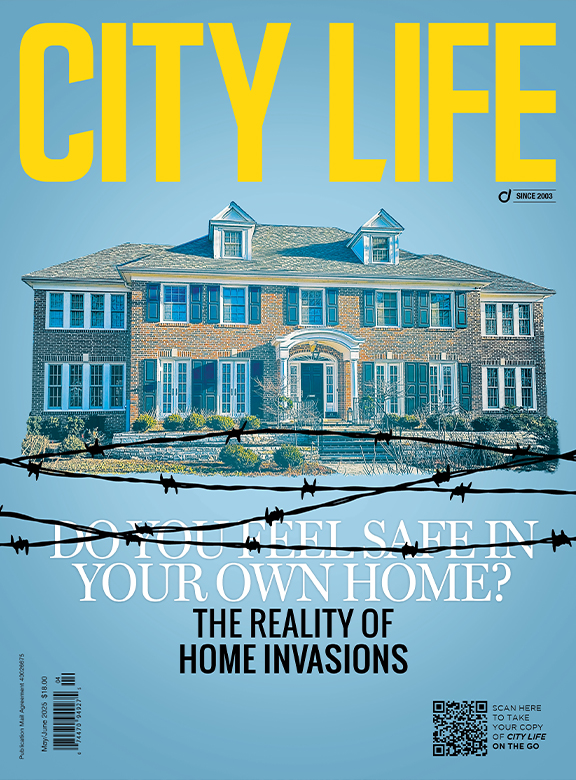






































































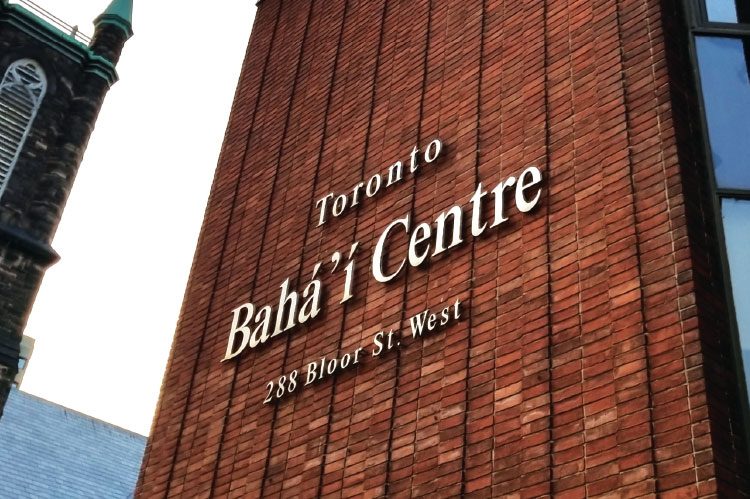
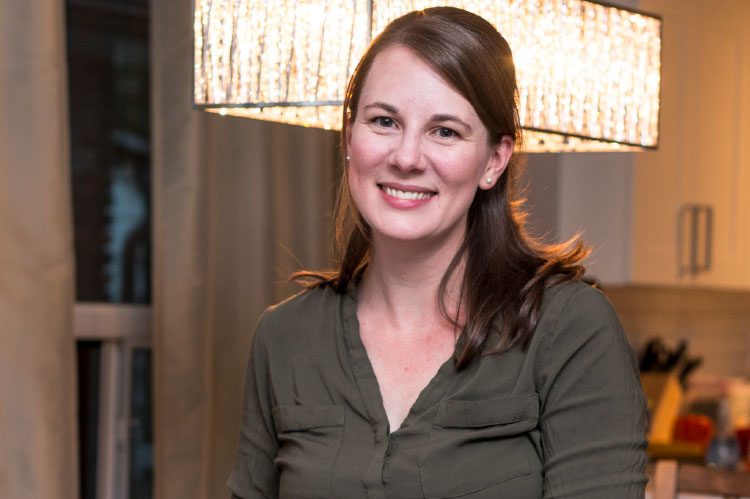
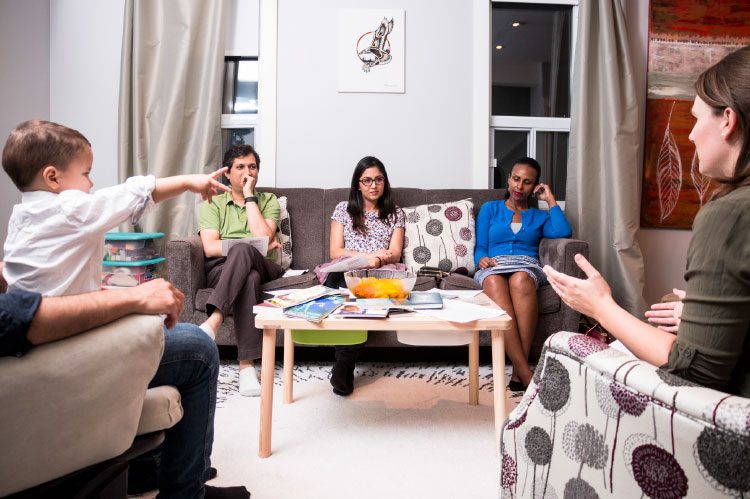
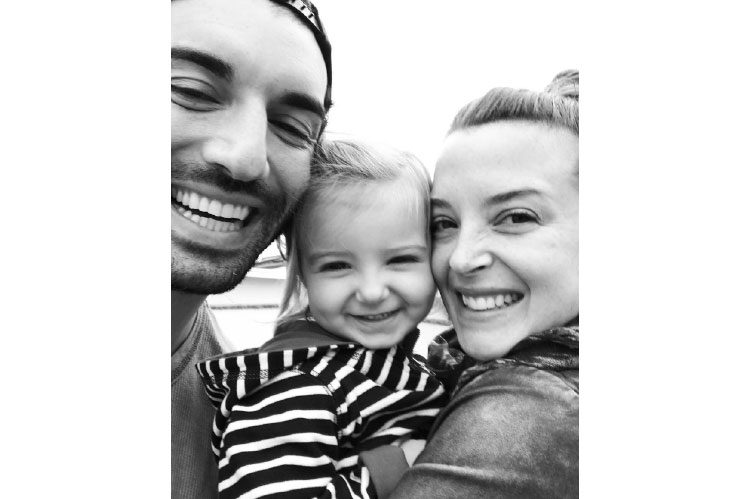
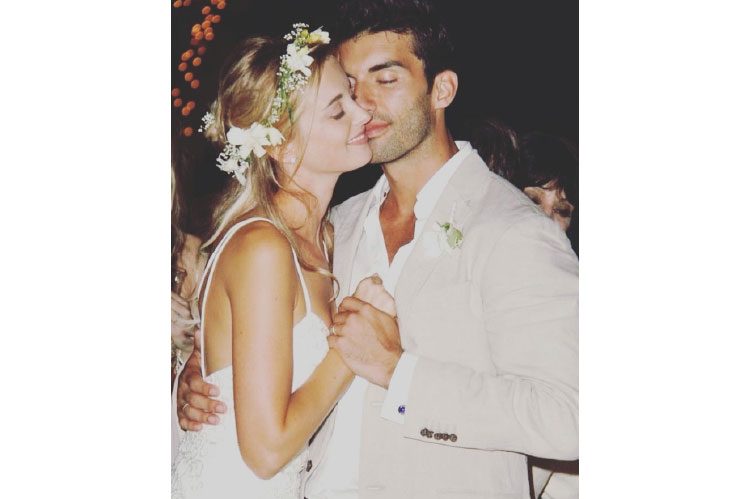

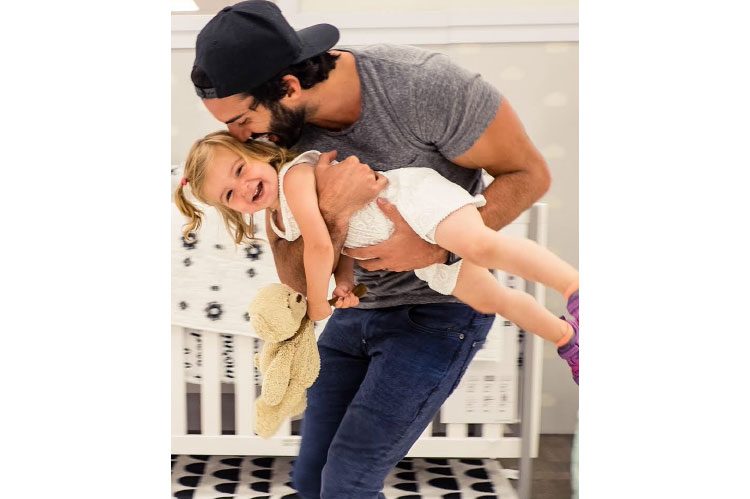
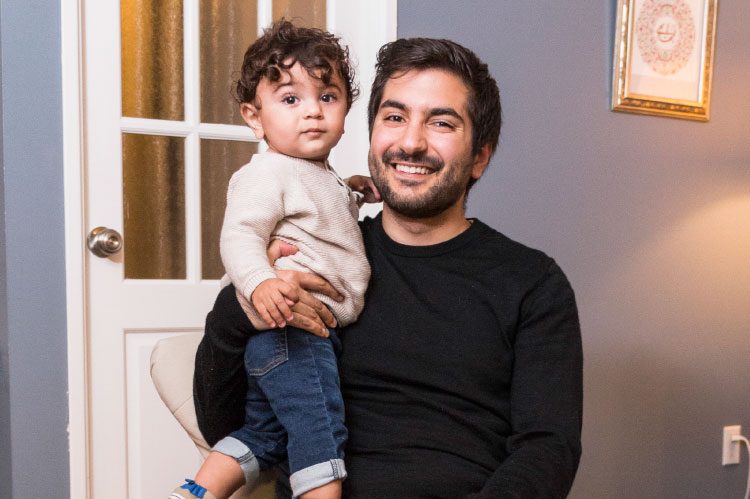
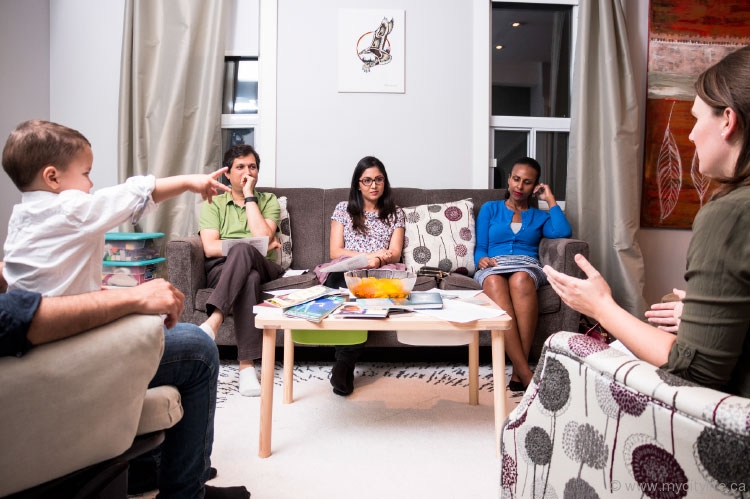



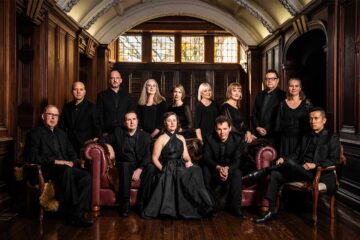


No Comment